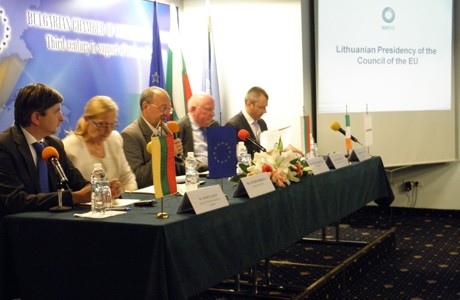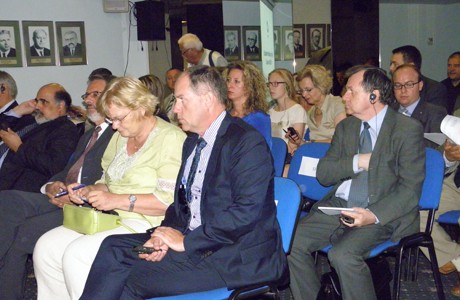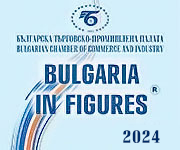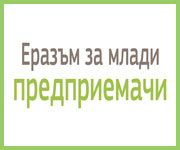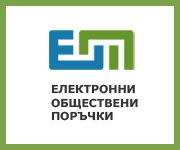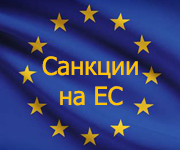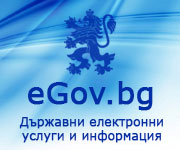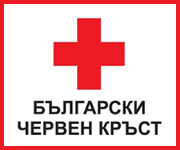Назад
Назад
The EU Club at BCCI gathered to send the Irish presidency on and welcome the Lithuanian one henceforth
Traditionally, at the rotations in chairing the European Union, members of the EU Club at BCCI met again yesterday in the Chamber, this time on the occasion of the ending of the Irish presidency of the Council and the beginning of the Lithuanian presidency from 1st July 2013.
BCCI’s President Tsvetan Simeonov inaugurated the gathering and presented his congratulations to Croatia for its joining the European Union on 1st July 2013. He reminded the audience that the Bulgarian presidency of the Council is about to come in 2018, so the experience of the other countries, including Lithuania, will be significant for us in this aspect.
The Irish Ambassador to Bulgaria, H. E. Mr. John Rowan, presented his report before the members of the EU Club regarding the recent end of the Irish presidency of the Council.
Ireland may be fully satisfied by its presidency of the Council of the European Union, stated the President of the EU Club at BCCI, Ingrid Shikova. She reminded of the priorities of the Irish presidency – “stability, labour, growth”, and defined the decisions regarding the financial frame and youth unemployment as the greatest achievements. According to Ingrid Shikova Lithuania has inherited, as a country – presidency of the Council, a dynamic, more stable and more reasonable European Union.
The priorities of the Lithuanian presidency declared as “promising, growing and open Europe”, were presented by the Lithuanian Ambassador to Bulgaria, H. E. Mr. Darius Gaidys.
Current economic issues were also discussed at the meeting.
Our economy faces risks that are growing; the increase of the Gross Domestic Product will remain below the potential, at least for the next few years. This was the statement of the senior economist from Unicredit Bulbank, Christopher Pavlov, who presented the recent macroeconomic picture of Bulgaria before the members of the EU Club. The low public support to the government reduced our chances for a substantial progress on structural reforms in key areas like education, healthcare and the raising disputes energy sector in particular, added also Christopher Pavlov.
Enclosures:
03.07.2013
Още новини:
-
02-07-2013
-
28-06-2013
-
27-06-2013
-
27-06-2013

 1 USD =
1 USD =  1 GBP =
1 GBP =  1 CHF =
1 CHF =  ISO 9001:2015
ISO 9001:2015